Over the years, one may have watched many movies or television shows talking about post-traumatic stress disorder, often told from the perspective of army veterans, who served during different wars. They are shown to have constant flashbacks to a particular event that left them traumatised, which often led them to react violently in the present. However, it is not just limited to one profession.
Kanav Laungani (name changed), after being in a car accident that left him paralysed from the waist down, spent many days and nights reliving the moment the car went out of control. He would often wake up screaming in agony as if he could still feel the impact. With his current condition, he would feel useless, snap at those around him for the smallest things, and a lot of times, he felt it would be better if he just were not around anymore. He was diagnosed with post-traumatic stress disorder.
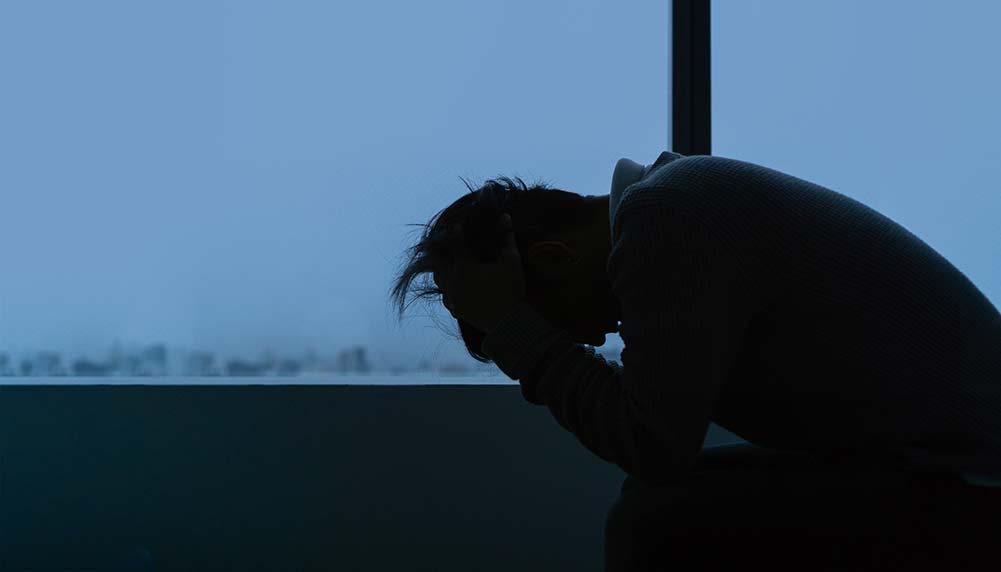
Post-traumatic stress disorder (PTSD), is described as a psychiatric disorder that may be associated with people who have experienced or seen traumatic events in person, like accidents, death, disasters, war, or even violence at different levels.
Ms Mehezabin Dordi, clinical psychologist, rehabilitation and sports medicine department, Sir HN Reliance Foundation Hospital, Mumbai adds, “Unlike what is shown in the media, PTSD can occur in any and everybody, irrespective of age, gender, and even cultural background. Those suffering from this are reliving the traumatic experience on loop, and have a difficult time coping with it. The feelings are so intense that they disrupt your life.”
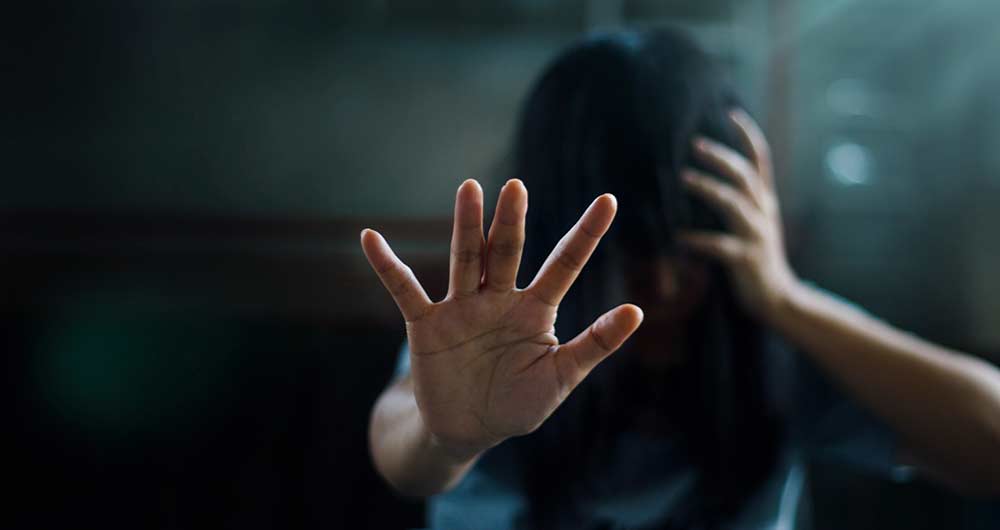
Signs And Symptoms
According to Dordi, the following are some of the signs and symptoms of PTSD:
- Repeated intrusive thoughts such as nightmares, randomly recalling the memories, or flashbacks of the incident. “The flashbacks may feel so real as if the person were witnessing it live,” says Dordi.
- Trying to avoid anything that could trigger a memory of the traumatic event. “The patient will go to any lengths to avoid thinking about the incident, they can avoid people, places, and completely withdraw themselves,” she shares.
- Changes in memory and mood, which means they are unable to recall the important aspects of the incident, with the negative thoughts and feelings leading to a false belief about themselves. Dordi points out, “They don’t want to think positive, and may falsely blame themselves or others for what happened. They also don’t enjoy the activities they previously liked and may be detached or estranged from loved ones.”
- They are hypersensitive and hyper-vigilant about their surroundings. They might also react unpredictably or violently. “Those suffering from PTSD are always on the lookout for any threat in their environment and do not react well to unwarranted circumstances. They may snap, have an outburst, or even act in ways that could cause them harm. They may also get startled/scared easily, and have a difficult time falling asleep,” she explains.
It may also be noted here that PTSD can further lead to other mental health disorders, such as depression, anxiety, eating disorders, and substance abuse.

Stages Of PTSD
There are four stages of PTSD, they are:
Stage I – Impact/Emergency
This is the point immediately after the traumatic event has occurred. The individual is in shock and struggling to understand what happened. “The person is extremely anxious, watchful of the surroundings, and may even struggle with feeling guilty because they are unable to process their emotions,” says Dordi.
Stage II – Denial
Those suffering from PTSD may experience strong feelings that are a result of flashbacks of the incident. However, they will either unintentionally or deliberately suppress their feelings. “Those dependent on alcohol or other narcotic substances may increasingly lean towards their heavy use so they can block out their thoughts and feelings,’ warns Dordi.
Stage III – Short-Term Recovery
As the name suggests, short-term or immediate solutions are a priority at this stage. This is done so that patients can adjust to their everyday life and find a sense of normalcy. However, Dordi elucidates that this stage can go both ways. “Individuals can either accept help or become detached and cynical. Rampant nightmares and intrusive thoughts resurface to make daily functioning difficult.”
Stage IV – Long-Term Recovery
The after-effects of the trauma linger on, such as anxiety and nightmares. With treatment, these symptoms are gotten under control and can be overcome. The support of family, friends, and professionals is imperative for the patient’s recovery. Dordi adds, “This is why the knowledge and awareness of mental health is important, and seeking help shouldn’t be frowned upon. Timely diagnosis and treatment of PTSD can help improve the overall quality of their life.”
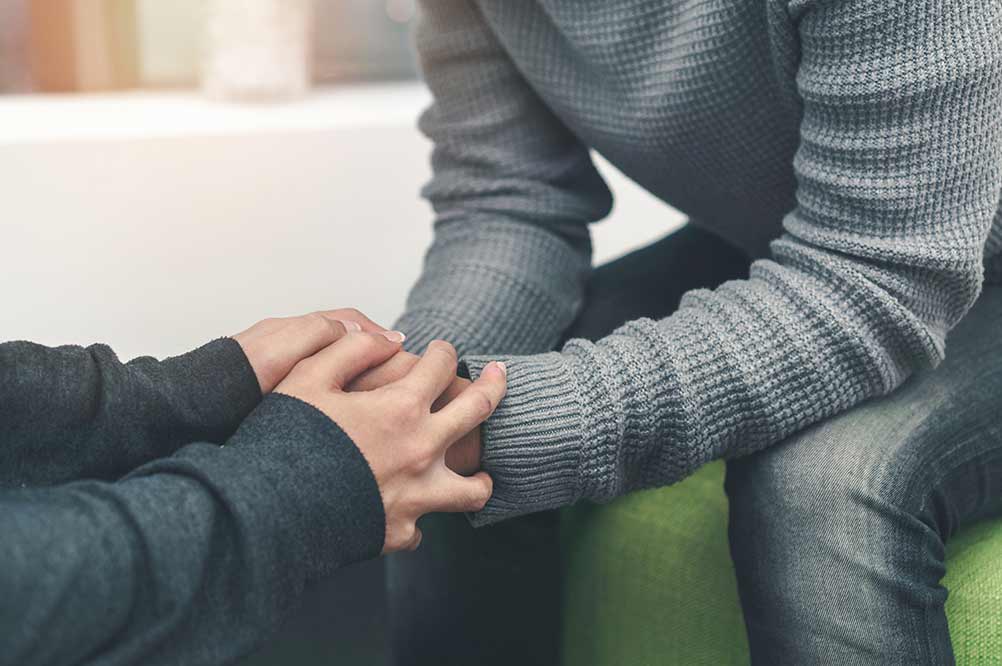
Coping Strategies
PTSD symptoms are often triggered by factors within and around us. They can be categorised under internal and external triggers.
Internal triggers are related to one’s moods, feelings, thoughts. Dordi describes feeling anger, anxiety, lonely or vulnerable, out of control, frustrated, and racing heartbeat as some examples.
External triggers involve all activities and situations that you may encounter in your daily life. Some instances, as shared by Dordi include a particular date, meeting a person, crossing a place, and watching something related to the traumatic event.
The ideal way to deal with triggers is completely to avoid them. However, that is not possible. Here are some coping strategies recommended by Dordi:
1. Social Coping: It involves knowing and spreading knowledge about PTSD and what it entails. “It is seen that many PTSD patients tend to isolate themselves because of the stigma attached to mental health. However, it is important to seek help, learn about the condition, and also help others understand how you feel,” she says.
Another way to go about it is by reaching out to people who also have PTSD. “The shared experiences often provide a safe place to talk about your feelings, and also help you on your journey to recovery,” adds Dordi. Finding support from family and friends can also help you cope better.
2. Emotional And Physical Coping: It is vital to take care of your mental and physical health. “One should focus on strengthening their mind and body to cope with the triggers of PTSD. Some ways to go about it is practising mindfulness through meditation, exercise for at least half an hour, be regular with your therapy sessions, and journal your thoughts,” advises Dordi.
3. Work: Those suffering from PTSD tend to work less efficiently, and may also skip workdays. Symptoms of PTSD, such as lack of sleep can affect one’s focus and make it difficult to concentrate on work, meet deadlines, or even be organised. It is advisable to have a word with one’s employer about how they can help. “Speak to them about flexibility with work schedules, how to reduce distractions, and ensuring that the environment is not too overwhelming or toxic,” she suggests.
4. Relationships: The symptoms of PTSD often cause enormous strains in relationships, as family members or partners are also privy to the stressors faced by the patient. Added to the emotional stress, there may also be other issues such as financials, loss of family and friends, lack of intimacy, which may take a toll on the relationship. “In such times, it is important to keep two things in mind; to be honest about your needs and let your loved ones know about how you feel and how they can help. Boundaries are essential in such times. Secondly, instead of disconnecting with them, try to spend more time interacting with your loved ones. Communication greatly benefits healing and recovery,” Dordi points out.
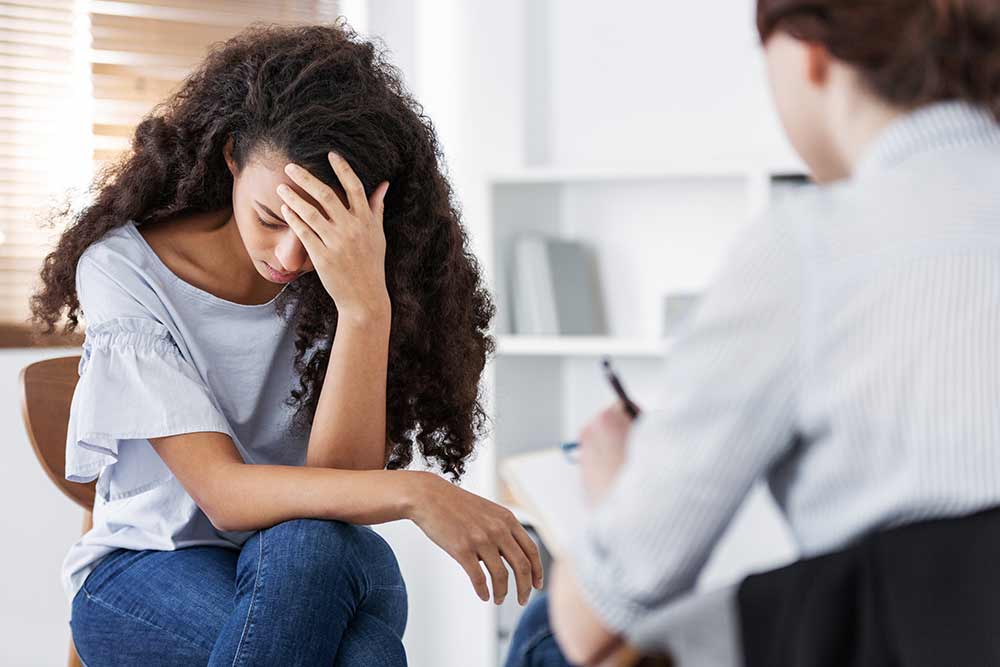
Treatment Options
A combination of psychotherapy and medication is used to treat those with PTSD. However, Dordi mentions, “Since the severity of symptoms differs from person to person, in terms of treatment, what works for one may not work for another. One should reach out to a mental health expert who is experienced with PTSD. Some may have to try out a combination of treatments for best results.”
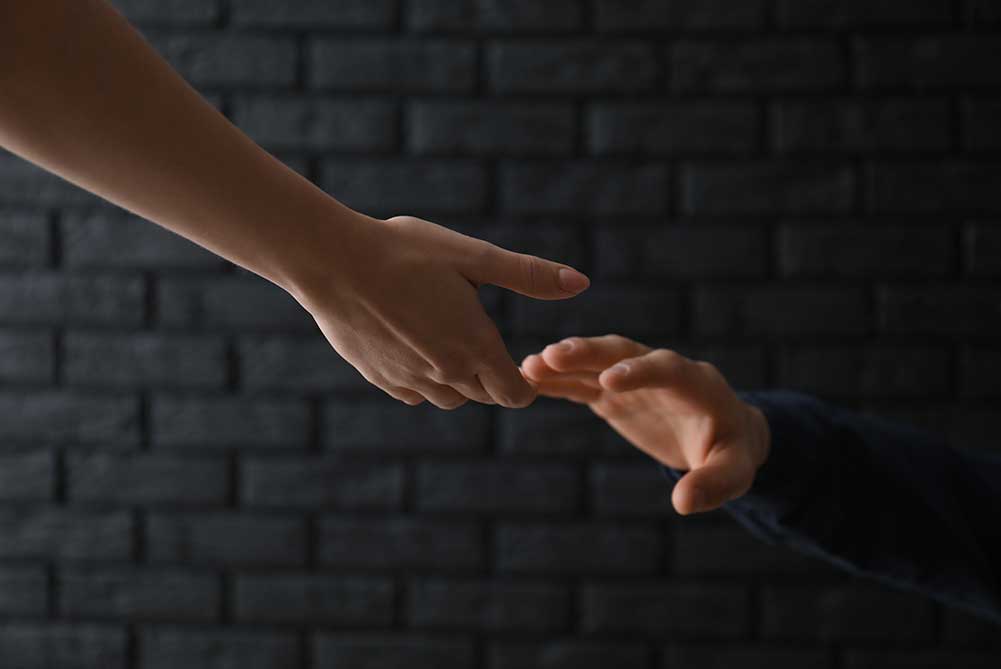
Feeling Suicidal?
Studies and research have shown that the symptoms of PTSD are so overwhelming that sometimes, that one may think of harming or killing themselves. They also tend to exhibit behaviours such as talking about their lives having no meaning, giving away possessions, or isolating themselves completely. Dordi advises, “You may think that ending your life is the only solution, but that is not true. It is very important to reach out to loved ones when you’re feeling low, and have such thoughts so that they can get you the required help.”
Similarly, she says, if you think someone close to you may be suffering from PTSD or feeling suicidal, reach out to them and support them, listen to them, anticipate and help manage their triggers, build trust and make a safe space for them to be around, and encourage their treatment.
Also Read: There's No Shame In Asking For Help. Here's Why
Also Read: You Are Note Alone: Here's A List Of Suicide Prevention Helplines In India